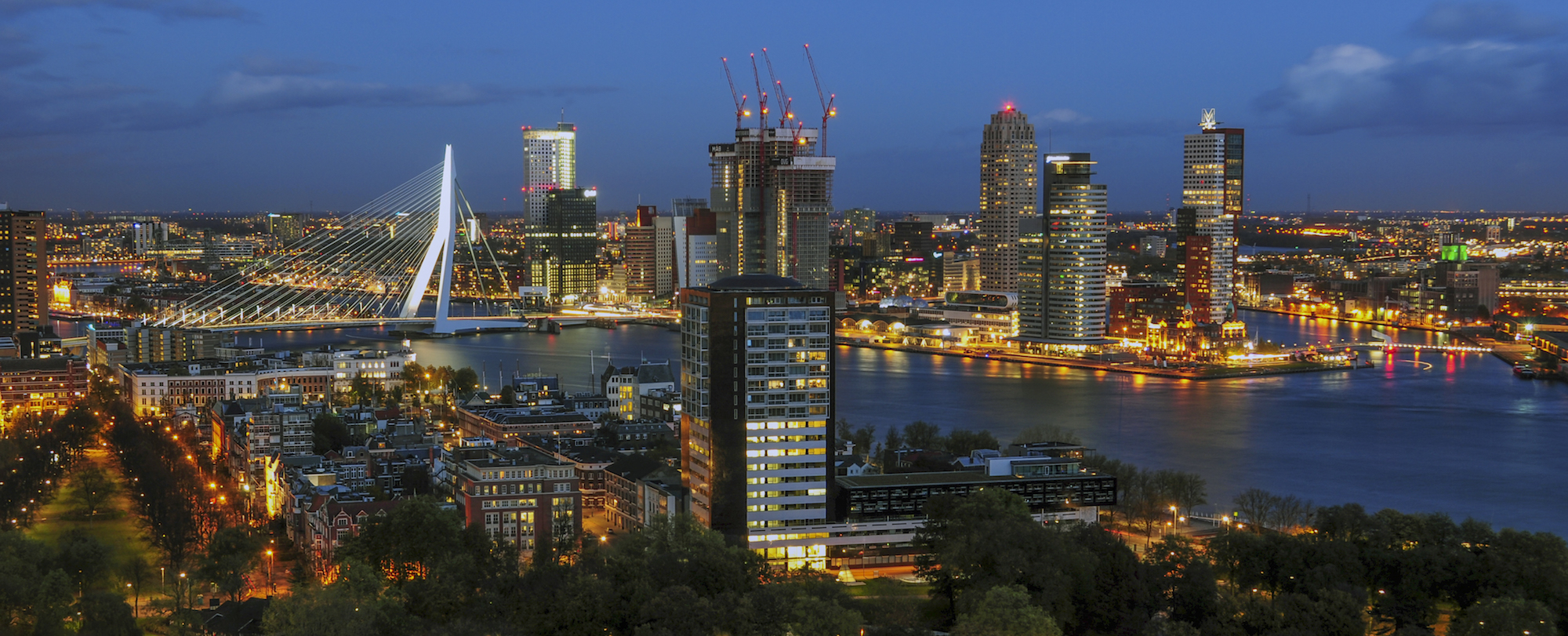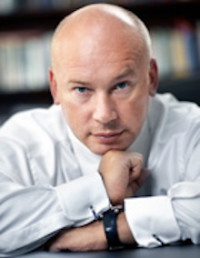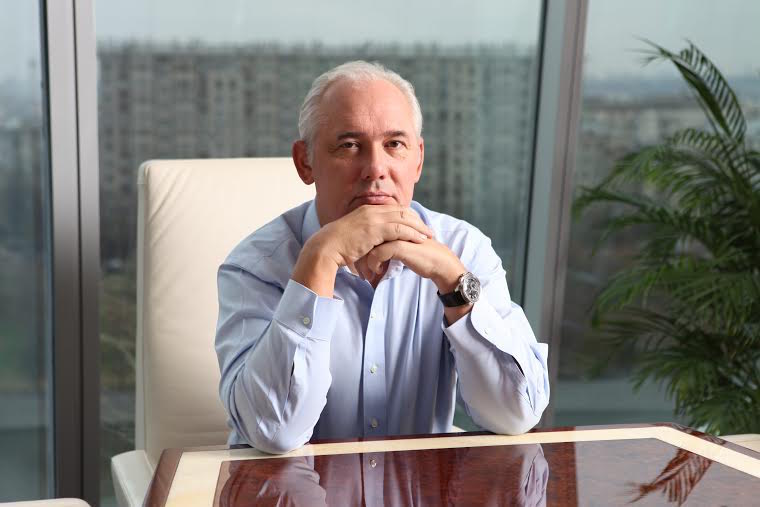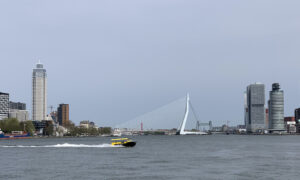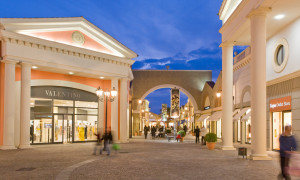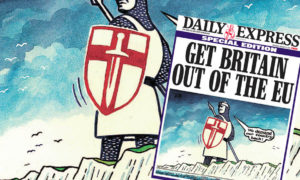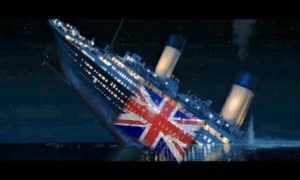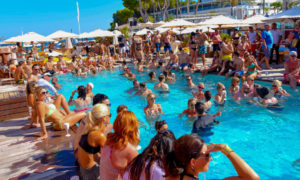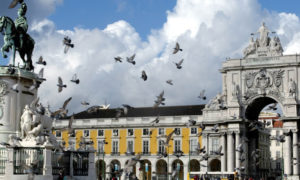The Netherland is still the low-cost business leader in Europe, retaining its No. 1 ranking in Europe and No. 3 ranking overall on KPMG’s Competitive Alternatives 2016 survey.
KPMG’s biennial ranking compares business costs in more than 100 cities in 10 countries, including Australia, Canada, France, Germany, Italy, Japan, Mexico, the Netherlands, the United Kingdom and the United States.
This year, Mexico (no surprise) takes the No. 1 ranking, though Canada – not known as a low-cost business destination – is No. 2. Which is nice, but we’re here for expats in Europe.
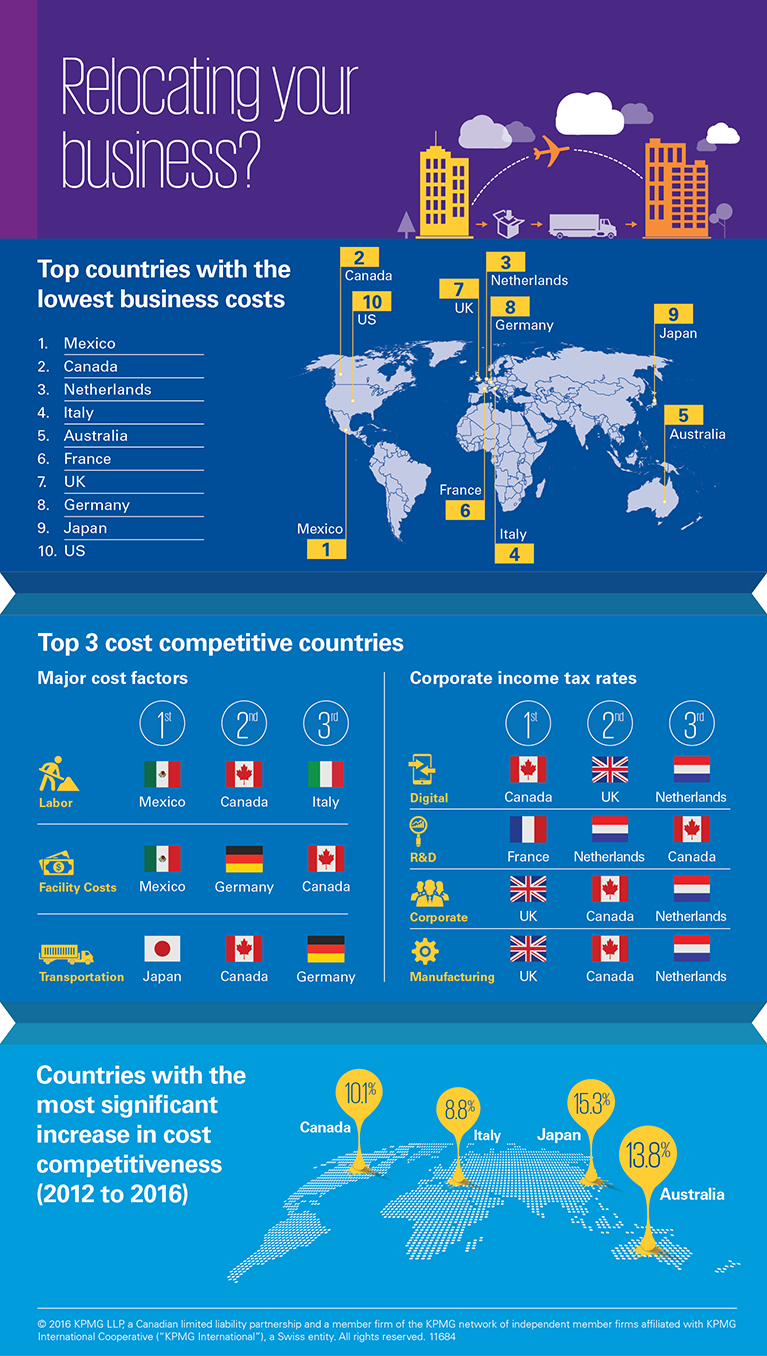 In Europe, behind No. 3 Netherlands are No. 4 Italy, No. 6 France, No. 7 Great Britain and No. 8 Germany. And before you get too excited, KPMG researchers note that most of the comparative advantage the Europeans enjoy is due to the euro decreasing in value about 20 percent relative to the U.S. dollar. (Well, until this week, when the euro rose to almost $1.15 for 1 euro from $1.10 a few weeks ago.)
In Europe, behind No. 3 Netherlands are No. 4 Italy, No. 6 France, No. 7 Great Britain and No. 8 Germany. And before you get too excited, KPMG researchers note that most of the comparative advantage the Europeans enjoy is due to the euro decreasing in value about 20 percent relative to the U.S. dollar. (Well, until this week, when the euro rose to almost $1.15 for 1 euro from $1.10 a few weeks ago.)
Also, natural gas, which is crucial to manufacturing, decreased in cost as did all other commodities.
Naturally Invest in Holland, website of the Dutch National Foreign Investment Agency, has seized on this, with economic-development officials asking Dispatches Europe to “spread the word.” Which we’re happy to do. But with one caveat: Netherlands’ score combines results from its two major business centers: Amsterdam and Rotterdam. Our personal experience in the Netherlands is that secondary cities such as Eindhoven and Utrecht have comparable talent and infrastructure … and even lower fixed costs.
And the KPMG infographics reflect that:
… (R)esults for the Netherlands continue to be compared to its results in the 2014 study, because the country’s compact geography means that business costs are relatively homogeneous in both major and regional cities throughout the country, with only facility costs showing notable variations between larger and smaller cities.
Again through personal experience, the Netherlands’ complex tax structure is a challenge for employees, but can be a boon for corporations if for no other reason that the corporate tax rate here is 20 percent compared to the U.S. at 35 percent. (Though do any U.S. corporations really pay taxes?) And in the Netherlands, unlike the U.S., people and businesses do actually get something for taxes – among the best social services and infrastructure in the world.
Here’s from the KPMG infographic, which is itself distilled from the 70-page Competitive Alternatives survey.
• That Italy is No. 4 is a bit of a surprise considering this is where the world’s most expensive autos are manufactured, along with a significant portion of ultra-high-end luxury goods. The KPMG ranking credits the introduction of a new federal R&D tax credit in 2015 “helps Italy to improve its relative cost advantage over the US in this sector, but more generous R&D incentives in other countries continue to suppress Italy’s ranking in this sector. ”
 • France is an overlooked industrial power. Many Airbus components are manufactured there, for example. But if you look closely at its rankings, France has fallen dramatically in three ranking sectors – corporate services, digital services and R&D – since 2014.
• France is an overlooked industrial power. Many Airbus components are manufactured there, for example. But if you look closely at its rankings, France has fallen dramatically in three ranking sectors – corporate services, digital services and R&D – since 2014.
• Germany a low-cost place to do business? Hardly. But considering it’s the largest economy in Europe, Germany has its advantages. Which appear to be increasing. The KPMG narrative notes that “relatively lower business costs” have moved Berlin and Frankfurt ahead of London in the cost rankings among the major European cities.
• Great Britain’s snippet from the infographic is revealing: Even with the current strength of the UK pound relative to the euro, Manchester enjoys the lowest business costs among the 10 major European cities compared, while London is the most costly location among the European cities.
The nitty-gritty details:
• The Competitive Alternative 2016 study examines 26 individual cost factors such as labor costs, transportation, taxes and facility costs that are likely to vary significantly by location. These cost factors generally represent between 35 and 90 percent of total operating costs for the business operations examined in the study.
• Business costs are expressed as a percentage index, with the United States being assigned a baseline index of 100.0. An index below 100 indicates lower costs than the US. An index over 100 indicates higher costs than the US. For example, an index result of 95.0 represents a 5.0 percent cost advantage relative to the US base.
But you really need to read the report including the methodology before you decide to move your company out of the U.S. … Donald Trump, or no Donald Trump.
*****
Moscow-based Finstar Financial Group is expanding its mergers-and-acquisitions capabilities, adding Paul Muhr to lead the Group’s M&A and Capital Markets projects.
This is of interest to techpats and expat entrepreneurs in Europe because Finstar – which has $2 billion under management – is focusing now more intensely on financial technology industry, according to a news release. And we know what Europe does best.
Muhr has more than 9 years of experience in banking including almost 7 years in investment banking working on various M&A, IPO and financing projects for FIG clients. His clients were predominantly banks and consumer finance companies in EMEA (Europe, Middle East & Asia region).
Prior to joining Finstar, he served most recently as VP at Citigroup and was previously at Goldman Sachs from 2010 to 2015, based both in London and Moscow. From 2007 to 2010, he worked at Citigroup in London, where he started his career.
This current appointment is in line with Finstar’s strategy to expand its financial technology and consumer finance capabilities, said Marina Evseeva in Finstar’s PR and Communication Department via email. “The company recently established strategic partnerships with several fast-growing lenders across Europe, including Spanish financial group Prestamos Prima (the companies plan to jointly extend its P2P platform Viventor), and Euroloan, a Northern European fintech company,” Evseeva said.
“Last year, Finstar also announced the launch of its own portfolio company, Digital Finance International, with the aim of applying technology to deliver tailored consumer lending solutions globally.”
“Finstar is developing an impressive financial technology portfolio that will deliver substantial growth, as our investments address revolutionary challenges facing the financial services industry,” stated CEO Nicholas Jordan in the news release.
“With the adoption of fintech services anticipated to double in 2016 among digitally active consumers, fintech disruption has gathered momentum that will not subside. Clients seek unparalleled speed and convenience that can only be achieved with a focus on data, and the industry’s rapid rise presents significant opportunity for consolidation. We are delighted to welcome Paul to the team and know that his experience and insights will be instrumental as we reinforce our commitment to the sector.”
About Finstar
Finstar Financial Group is an international private equity group. Founded in 1996, the Group has significant experience in launching start-up projects and in restructuring and expanding of companies in selected industries. Finstar operates in financial markets, the IT and telecoms field, perfumery-cosmetic retailing and in commercial and trade real estate. The Group has under its management assets worth a total of more than $2 billion. Over the years Finstar has developed substantial operational experience which helps to implement a value-adding strategy, introducing high international standards of corporate governance, innovation, marketing and building competitive advantages, all of which are vital to create value in the long-term.
Read more about Finstar: www.finstar.com


